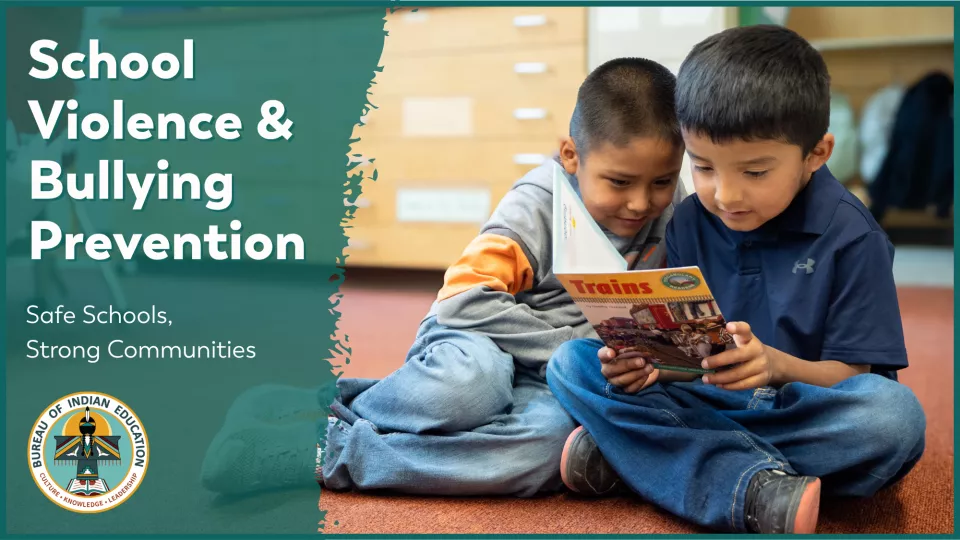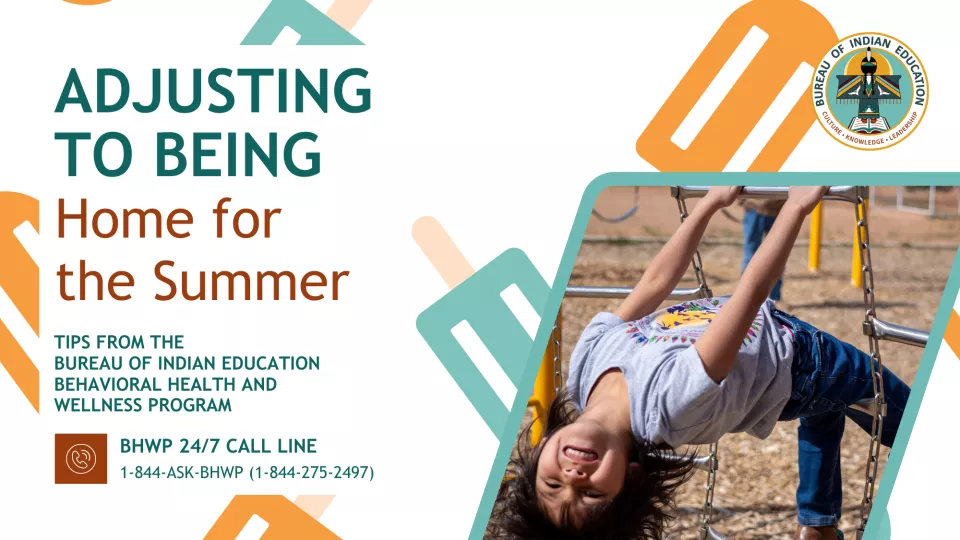
Reading is a cornerstone of a child's development, fostering cognitive growth, language skills and emotional intelligence. According to the U.S. Department of Education, early exposure to reading significantly enhances a child's ability to understand and use language and lays the groundwork for academic success. Reading strengthens the parent-child bond, promotes empathy, and opens a world of imagination and knowledge.
How to Make Reading Fun
Create a Reading-Friendly Environment: The National Institute of Child Health and Human Development recommends creating a cozy reading nook filled with various books. A dedicated space can make reading feel like a special, enjoyable activity.
Choose Age-Appropriate Books: It’s important to select books that match your student’s interests and reading level. The Library of Congress offers many children's books and resources to help you find the perfect match. Visit their website for more information.
Interactive Reading: Engage with your student by asking questions about the story, discussing characters and predicting what might happen next. Interactive reading can improve comprehension and make the experience more engaging.
Incorporate Technology: Digital books and reading apps can greatly capture your student’s interest. Read.gov offers free digital books and learning opportunities. Incorporating digital books into your student’s reading routine allows you to use their natural affinity for technology to promote literacy and a love of reading.
Lead by Example: Children often emulate the adults around them. Parents and guardians can model good reading habits by setting aside daily reading time, visiting libraries or literature events with their students, and sharing stories by reading aloud.
Visit the Library: Regular trips to the library can make reading an exciting adventure. Many libraries offer story hours and other activities to promote a love of reading. Find a library nearest you.
Tips from our BIE Educators
"Read alongside your student. Choose engaging novels, fascinating non-fiction, or any genre that interests both of you. Reading improves vocabulary, comprehension, and critical thinking skills and enhances the connection between you and your student, creating shared experiences and memories." – Everall Fox, Superintendent at Flandreau Indian School.
“Encourage your student to pick up a book or magazine for an adventure that sparks the imagination. Magazines can be a less daunting choice to help ease them into the joy of reading for fun.” – Eric North, Wingate Elementary and Middle School Principal.
“Engage in daily crossword puzzles or other types of puzzles with your student. This shared activity helps keep your mind sharp, improves problem-solving skills, and enhances vocabulary—all of which contribute to stronger reading skills”. – Larry Parrish, Riverside Indian School Principal
Resources:
Reading and Reading Disorders
Find Libraries and Archives
Library of Congress - Kids
Library of Congress - Children's Book Selections
Contact
Office of Communications
Bureau of Indian Education Central Office
U.S. Department of the Interior
1849 C Street NW, MIB-3610
Washington, DC 20240
Telephone: 202-941-0789
Email: biecommunications@bie.edu





